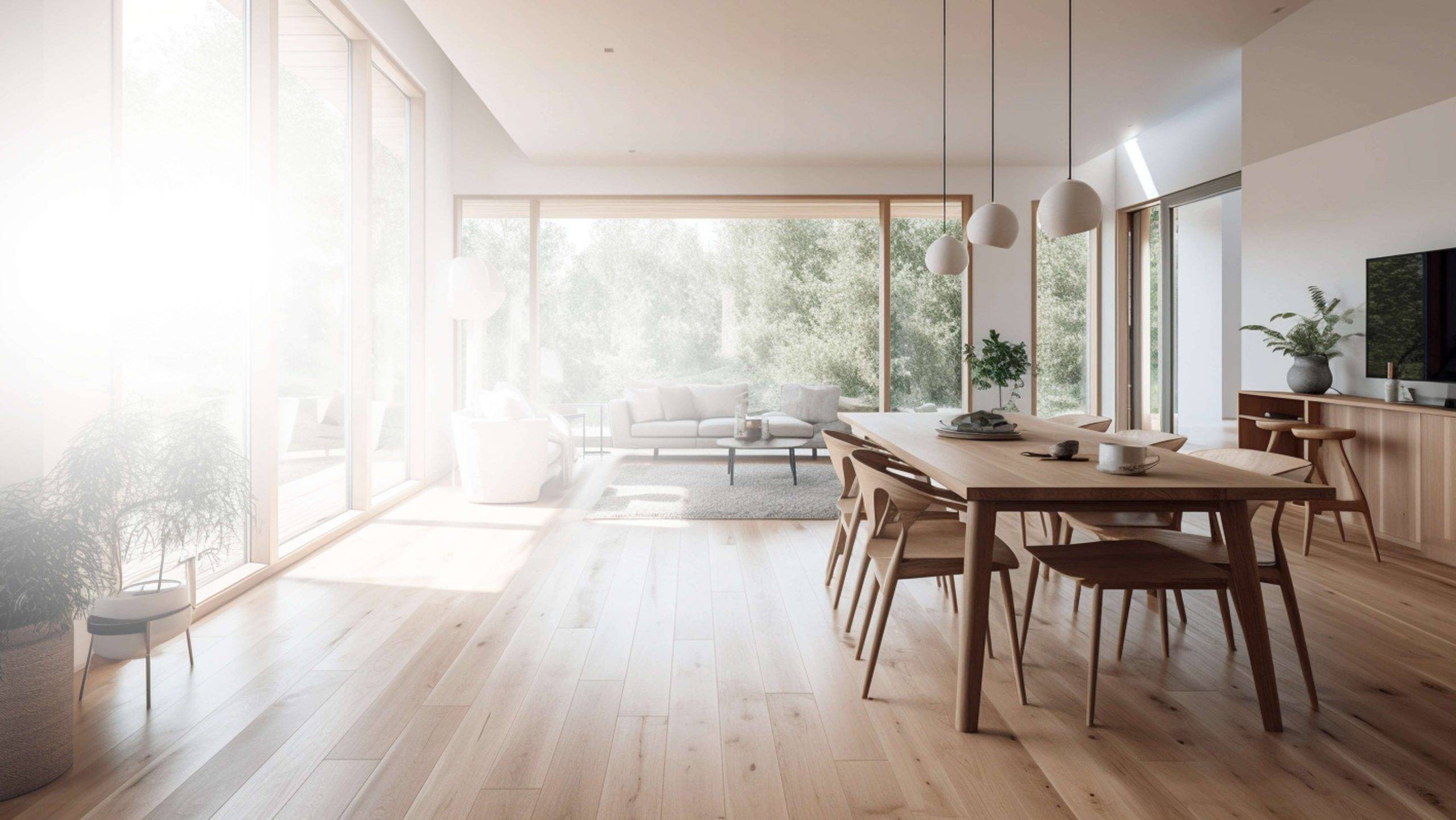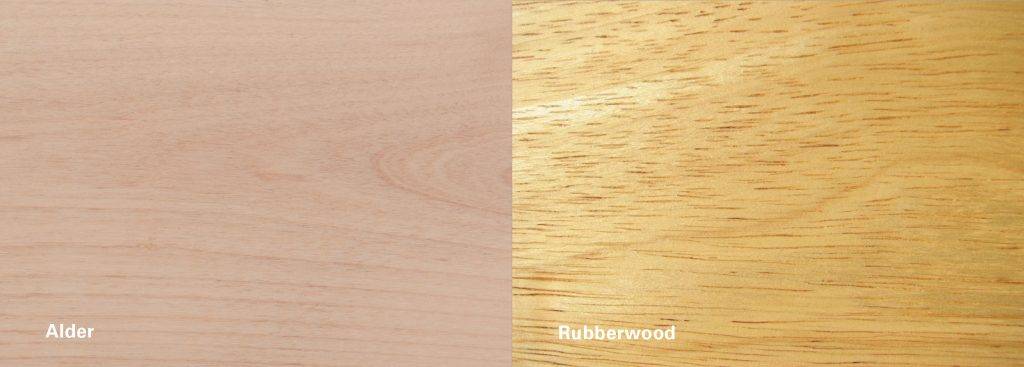
Cost-Effectiveness and Reliable Supply
While Alder generally has a higher initial purchase price compared to Rubberwood, it offers significant advantages for manufacturers in terms of long-term value. Alder’s ease of machining translates to faster production times and lower labor costs, reducing overall manufacturing expenses. Its uniform texture, grain, and color ensure higher yields and consistent product quality, minimizing waste and rework.
With ample supply and stable pricing, Alder sourced from well-managed North American forests provides a predictable cost framework, protecting against the market volatility often associated with Rubberwood. Together, these factors make Alder a financially sound choice over the long term.
Superior Workability and Application
Alder’s softer texture and uniform grain enhance its machinability, leading to less waste and lower production costs compared to Rubberwood, which is prone to warping and splitting during processing. This makes Alder particularly favorable for detailed craftsmanship, where precision is key.

Alder Compared to Rubberwood
Strength and Durability: Alder offers comparable strength and enhanced durability, making it a more reliable option than Rubberwood, which can be less predictable. Alder’s consistent quality and stability ensure that it lays flatter and remains dimensionally stable, reducing the risk of rework during manufacturing.
Environmental Impact: Alder is harvested from sustainably managed forests in North America, contributing to more environmentally friendly practices than those often associated with Rubberwood, which comes from regions where forestry management practices vary more widely.
By choosing Alder as an alternative to Rubberwood, manufacturers can achieve reliable performance, aesthetic excellence, and environmental sustainability. Consider Alder for your next project and experience the benefits of this versatile and stable hardwood.
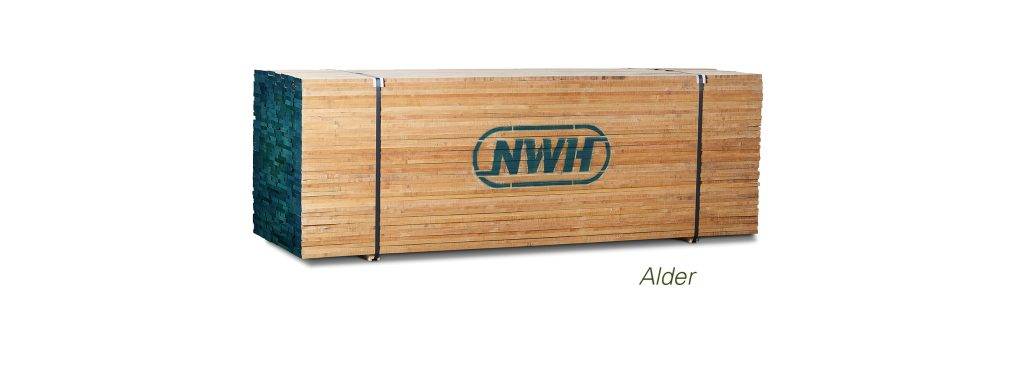
Species Comparison Data
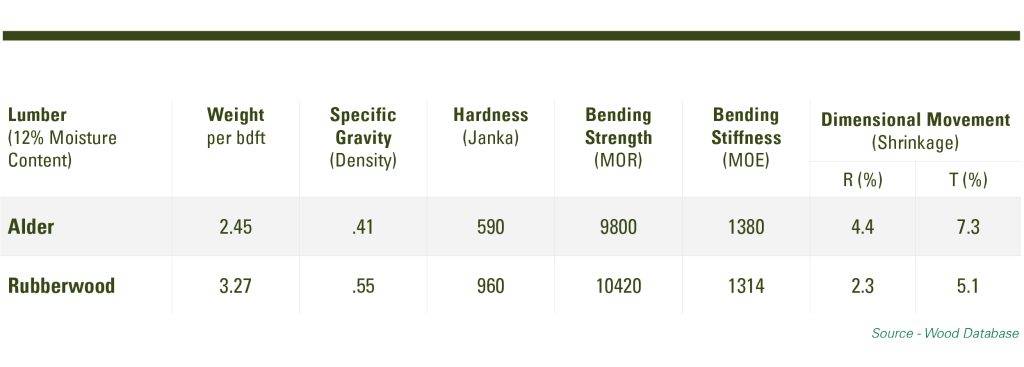
Source: The Wood Database
Species Comparison Chart
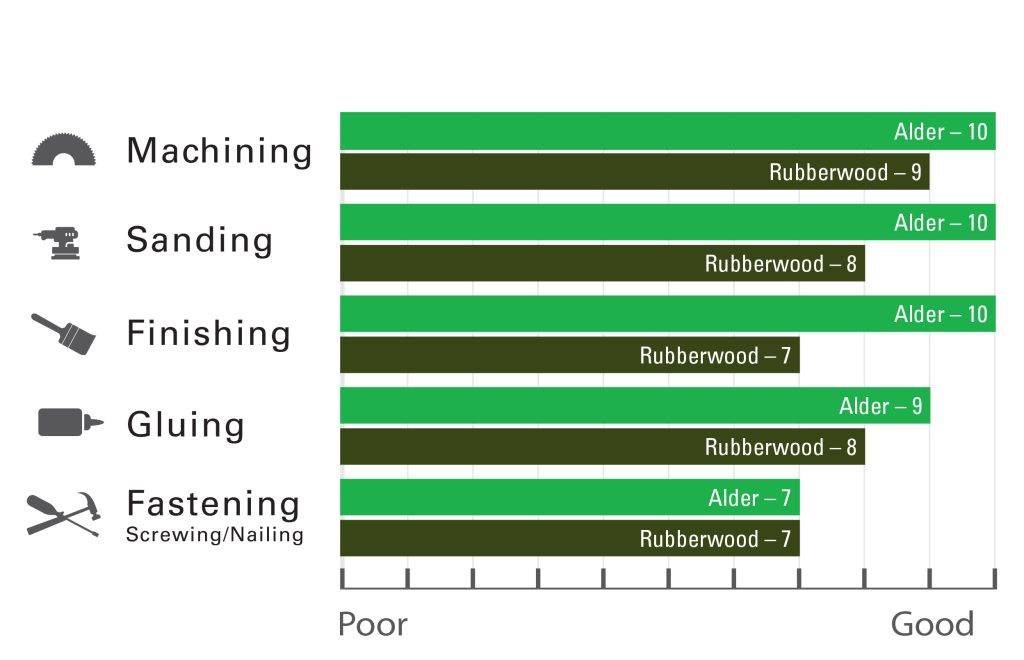
Resources
Feature Image: Alder Furniture, Whittier Wood Furniture
Share This Post!



